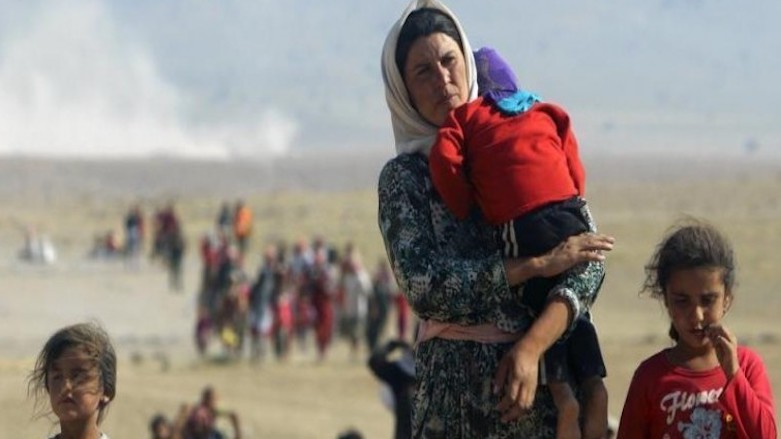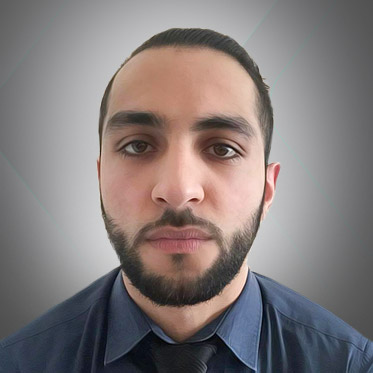UNAMI will work closely with Kurdistan to help survivors of IS sexual violence

ERBIL (Kurdistan 24) – The United Nations Assistance Mission in Iraq (UNAMI) on Tuesday said it would work closely with the Kurdistan Regional Government (KRG) to help survivors of sexual violence rebuild their lives.
Many women and girls from minority communities such as Ezidis and Christians suffered sexual violence at the hands of the Islamic State (IS) following the group’s mid-2014 blitzkrieg of northern and western Iraq where they overran large swaths of territory.
The extremist group’s emergence also had a heavy burden on the Kurdistan Region who continues to shelter nearly two million displaced persons and refugees fleeing IS.
UNAMI said the United Nations Children’s Fund (UNICEF) and the United Nations Population Fund (UNFPA) would support the KRG to guarantee “age-appropriate survivor-centered services and child-friendly juvenile justice” is provided through the RDPP program.
The UN launched the RDPP (European Regional Development and Protection Programme) in July 2014 to support the impact of forced displacement of people on host communities, including Kurdistan.

In a Tuesday press release, the UNAMI urged the Iraqi government to ensure survivors of gender-based violence “receive the justice and protection of the criminal and civil legal justice system.”
“We know that some women and girls in Iraq have been subject to terrible acts of brutality and their needs cannot be overstated,” UNICEF’s Chief of Child Protection and Adolescent Development in Iraq Brigid Kennedy Pfister said.
“It is critical that the judicial, law enforcement, and security personnel are equipped to assist women and child survivors in a compassionate and sensitive manner and to prioritize their rights and needs,” she added.
